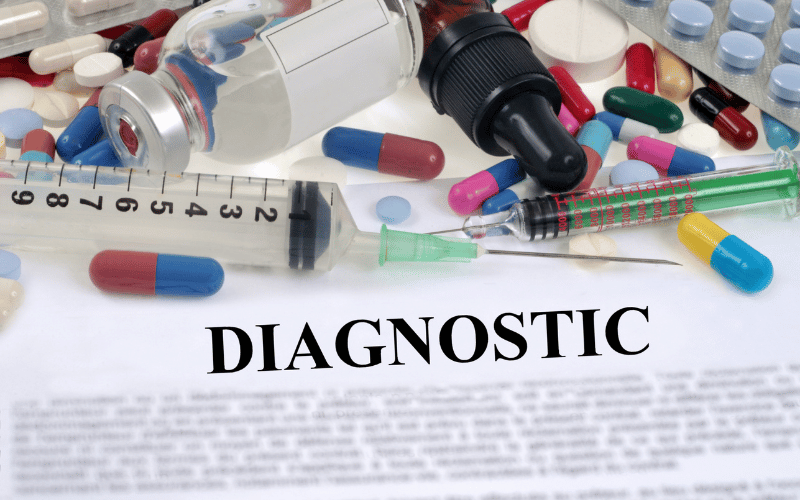Fact 4: Diagnostic Procedures

When a child presents with the symptoms indicative of hepatoblastoma, a series of diagnostic tests are recommended. One of the initial steps is often imaging. Ultrasounds provide a non-invasive way to visualize the liver, enabling doctors to pinpoint any unusual growths. For a more detailed view, CT (Computed Tomography) scans or MRIs (Magnetic Resonance Imaging) are employed. These detailed images not only confirm the presence of a tumor but also shed light on its size, location, and spread, making them indispensable tools in the diagnostic arsenal.
Given that hepatoblastoma affects the liver, it’s logical to assess how this vital organ is performing. Liver function tests are a series of blood tests designed to measure specific proteins and liver enzymes in the bloodstream. An elevated or decreased level could indicate liver distress or malfunction. These tests offer a dual benefit: they not only point towards a potential problem but also provide baseline data that will be crucial during treatment and recovery phases.
While imaging and blood tests provide substantial insights, sometimes the definitive diagnosis requires a closer look. A biopsy, wherein a small tissue sample from the suspected tumor is extracted and examined under a microscope, becomes necessary. This procedure unequivocally confirms if the growth is indeed hepatoblastoma. Furthermore, the biopsy can also help determine the cancer’s subtype, which plays a crucial role in shaping the treatment plan.
Once hepatoblastoma is confirmed, it’s vital to determine its stage. Staging defines how advanced the cancer is – whether it’s localized, spread to nearby structures, or metastasized to distant organs. This is typically determined through a combination of imaging studies and surgical explorations. The stage not only guides treatment decisions but also provides prognostic insights. (4)